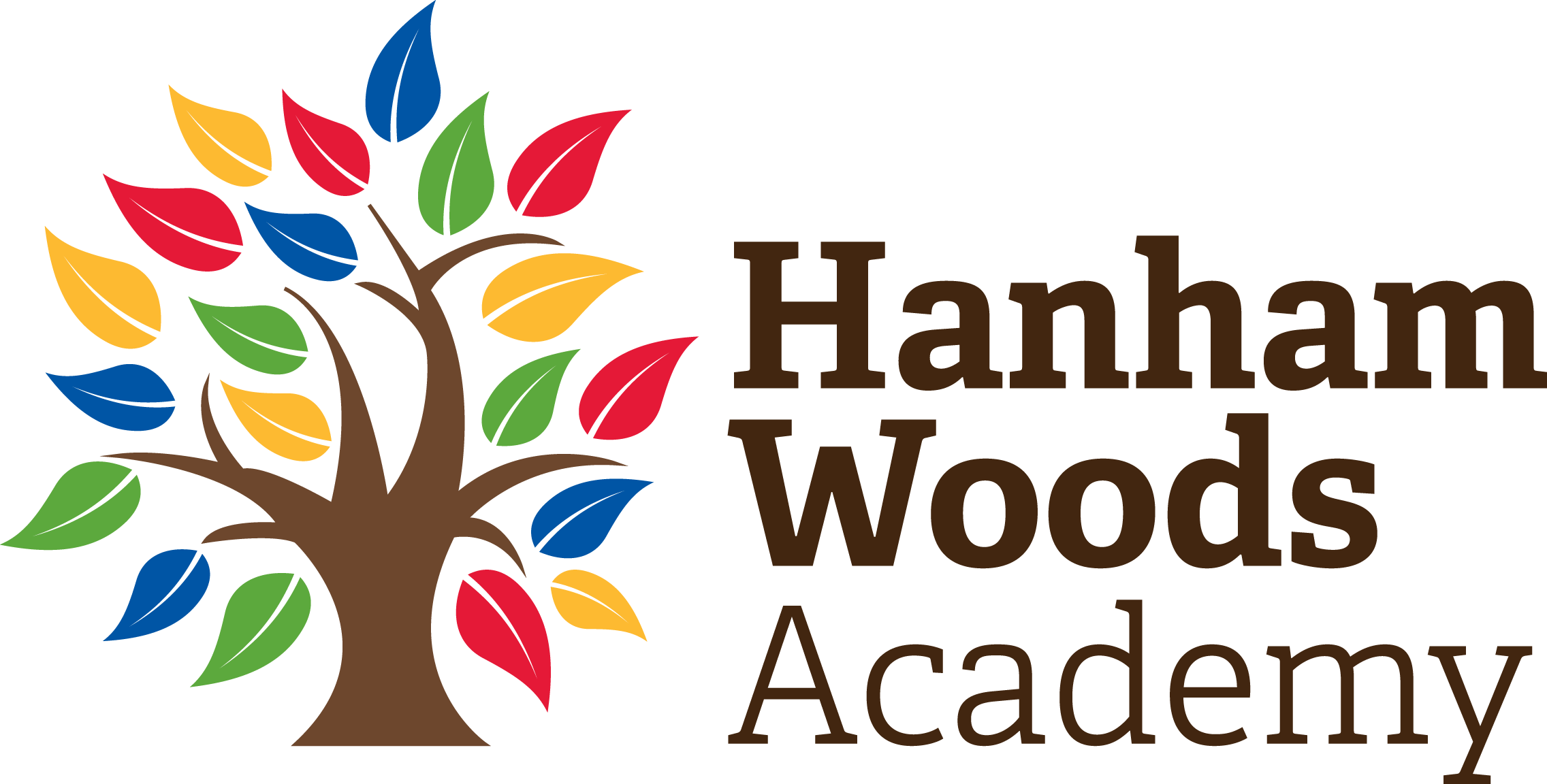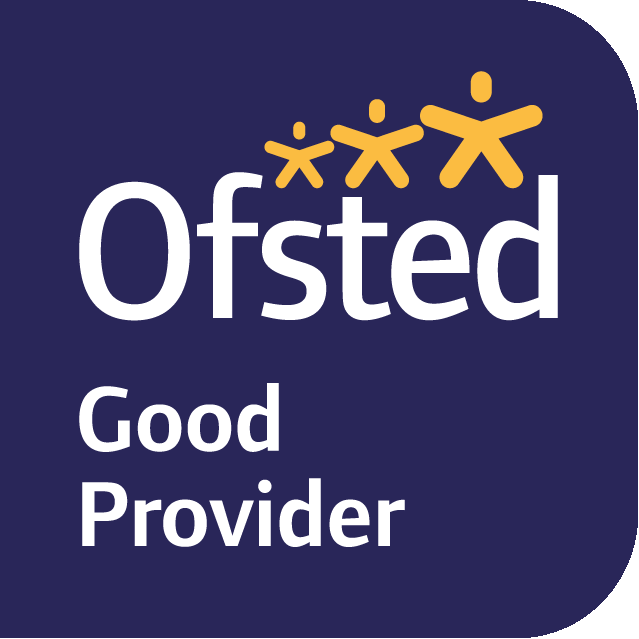Increase in measles cases and how to protect your family
Dear Parent/ Guardian,
There have been 21 new cases of measles in Bristol since 16 December 2024.
Measles is highly infectious and can cause serious long-term complications such as pneumonia, swelling of the brain, permanent hearing loss, harm to unborn babies and on rare occasions, death.
Measles can spread very easily among those who are unvaccinated. Approximately 17% of 5-year-old children in Bristol have not had the MMR vaccination and so are currently not protected. There are also a significant number of children aged 5-18 who have missed their MMR vaccination.
We are urging parents and carers to protect the children in their care from catching measles by booking themselves and their children in for any missed measles, mumps, and rubella (MMR) vaccinations.
If you are unsure if you’ve been vaccinated, you can check in your personal child health record (PCHR), known as the red book, or speak to your GP practice. There’s no harm in receiving an additional dose if you are unsure if you’ve been vaccinated before.
The MMR vaccine is safe, effective and free on the NHS, whatever your age. Two doses provide you with 99% protection against catching measles and it’s never too late to get vaccinated.
We’re aware some of people might have concerns about the vaccine and its ingredients, we’d like to remind people that there is a version of the MMR vaccine you can request that has no pork content.
What you need to do if you think your child has measles
If your child develops the symptoms of measles, such as a high temperature, a runny or blocked nose, sneezing, a cough, red, sore, watery eyes or a rash.
1. Contact your GP if you are worried. You should call your GP or NHS 111 before visiting them in person. This is to avoid spreading measles to others.
2. Keep them away from their education or childcare setting, or work, for at least four days from when the rash first appears (the date the rash appears is the day that you should begin isolation). Do tell your child’s school or early years setting if measles is confirmed.
3. Avoid close contact with vulnerable people. This includes infants under 12 months, people who are pregnant and people with weakened immune systems.
If you would like to find out more about the MMR vaccination, please visit MMR (measles, mumps and rubella) vaccine – NHS
Julie Northcott | Deputy Director of Public Health
Dr Georgina Angel | Screening and Immunisation Lead | NHS England – South West
Dr Toyin Ejidokun | Consultant in Health Protection | UKHSA South West


